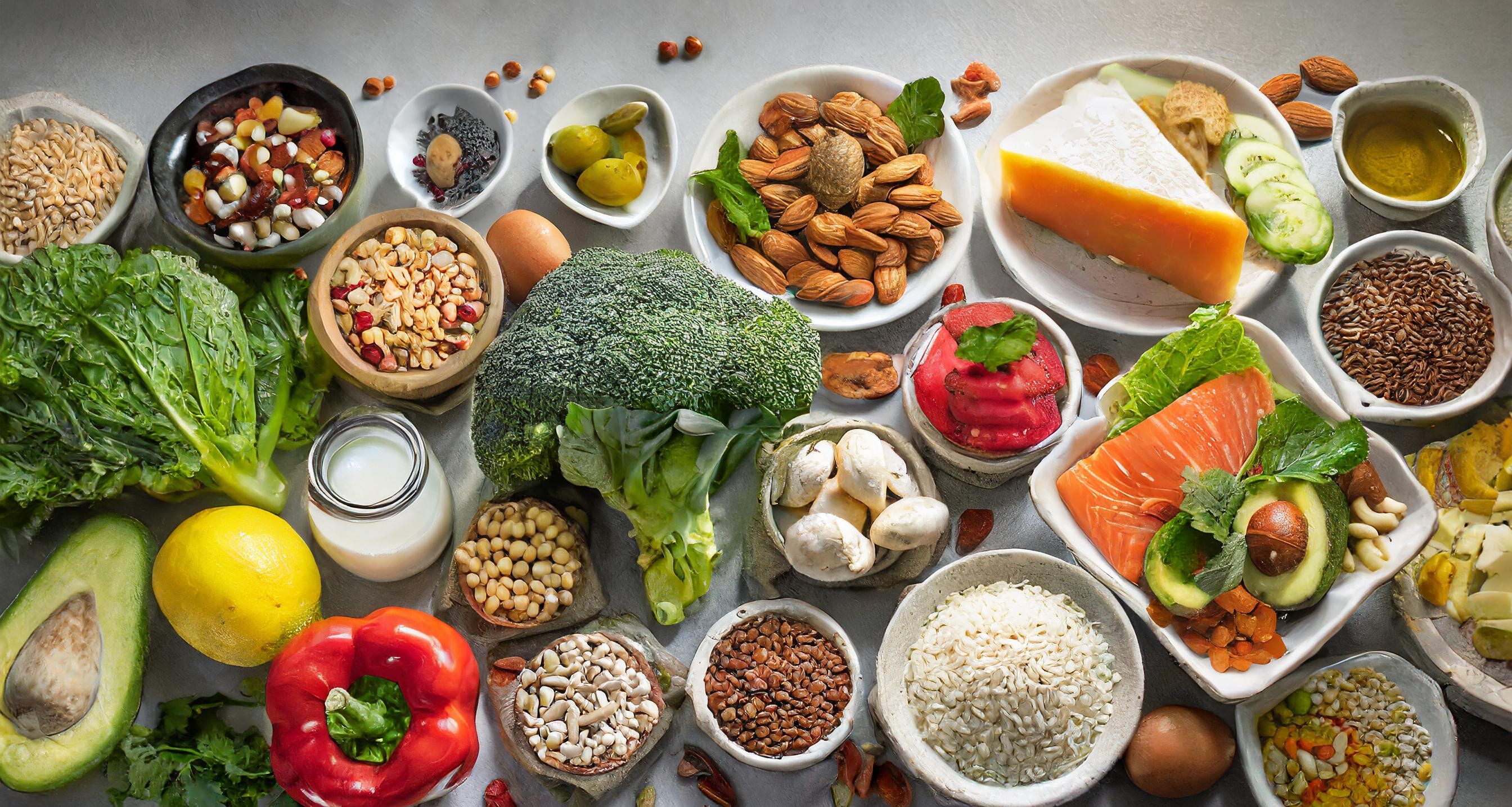Analyzing the variety of the Indian food scene, with its fusion of tastes and local fields, can help with a test when looking for a realistic diet plan. Still, armed with a core strategy and a few empowering elements, losing those pesky extra pounds becomes a realistic achievement without sacrificing the joy of partaking in India's abundant culinary history. This thorough aide digs into making the ideal Indian-style diet for weight reduction, consistently consolidating antiquated rehearses with present-day wholesome information.
Understanding Weight Loss:
 Before digging into explicit dietary proposals, understanding the fundamental standards of weight reduction is fundamental. Weight reduction is generally about making a calorie shortage a circumstance wherein fewer calories are consumed than are exhausted. One can make up for this deficit by altering one's diet and engaging in more physical activity.
Before digging into explicit dietary proposals, understanding the fundamental standards of weight reduction is fundamental. Weight reduction is generally about making a calorie shortage a circumstance wherein fewer calories are consumed than are exhausted. One can make up for this deficit by altering one's diet and engaging in more physical activity.
Key Components:
Caloric Deficit:
As referenced before, the foundation of any weight-reduction plan is a calorie deficiency. This objective can be achieved by choosing parts with fewer calories, eating food sources with fewer calories, and expanding real work power.
Macronutrient Equilibrium:
Calories are essential but what those calories comprise is also crucial. In any event, a regular diet ought to include enough
Proportions of macronutrients:
Protein:
Head for muscle fix and satiety, incorporate fit sources like poultry, fish, tofu, lentils, and dairy things like yogurt and paneer.
Carbohydrates:
Opt for complex carbohydrates like whole grains (brown rice, quinoa, whole wheat), fruits, vegetables, and legumes, which provide sustained energy and fiber.
Healthy Fats:
Integrate wellsprings of unsaturated fats like nuts, seeds, avocado, and olive oil, which support heart well-being and assist with keeping you feeling full.
Micronutrients:
Consume a variety of vibrant fruits and vegetables, whole grains, nuts, and seeds to ensure a diet high in antioxidants, vitamins, and minerals.
Now that we have a foundation in place, let's outline a practical and sustainable diet plan tailored to the Indian context:
Start Your Day Right:
Drink a glass of warm lemon water in the initial segment of the day to help you digest and get your processing going.
For breakfast, opt for a balanced meal comprising whole grains, protein, and healthy fats. Examples include oatmeal with nuts and fruits, vegetable upma, or a besan chilla with vegetables.
Embrace Traditional Indian Foods:
Indian cuisine offers a plethora of healthy options that can aid in weight loss. Include dal (lentils), vegetables, yogurt, and whole grains in your meals.
Experiment with spices like turmeric, cumin, and coriander, which not only add flavor but also offer various health benefits.
Mindful Eating:
Participate in careful eating by tuning into your body's signs for yearning and completion. Eat slowly, savouring each bite, and stop when you feel satisfied, rather than full.
Avoid distractions like television or phones while eating, as they can lead to overeating.
Snack Smart:
 Decide on nutritious tidbits like natural products, nuts, yogurt, or broiled chickpeas to keep hunger under control between dinners.
Decide on nutritious tidbits like natural products, nuts, yogurt, or broiled chickpeas to keep hunger under control between dinners.
Avoid packaged snacks high in refined sugars and unhealthy fats.
Hydration is Key:
Remain hydrated over the day by drinking water, homegrown teas, or coconut water. Once in a while, the impression of thirst can be confused with hunger, prompting overindulgent eating.
Understanding Portion Control:
Rehearsing segment control involves intentionally managing how much food is eaten during feasts and bites. It's tied in with finding some kind of harmony between fulfilling your craving and keeping away from overindulgence. Although the idea may appear straightforward, effective mastery necessitates awareness and practice.
 Incorporate Regular Physical Activity:
Incorporate Regular Physical Activity:
Alongside nutritional adjustments, incorporate regular activities into your daily schedule. Combining cardiovascular, strength, and flexibility training for general health and executive weight loss is the aim.
Practice Moderation:
Give yourself periodic overindulgence or guilt delights, but balance is key. Denying yourself too much would make you feel hopeless and make it harder to lose weight.
Conclusion:
If you want to lose weight, you don't have to give up the diverse cuisine and long history of cooking in India. You might achieve your weight reduction objectives while partaking in the heavenly and one-of-a-kind food that India brings to the table at a genuine worth by understanding to a sensible eating plan that includes different wealthy supplements food sources, customary actual work, and a careful eating routine. While picking an eating plan for the long stretch, consistency, and upkeep are fundamental characteristics to consider.
